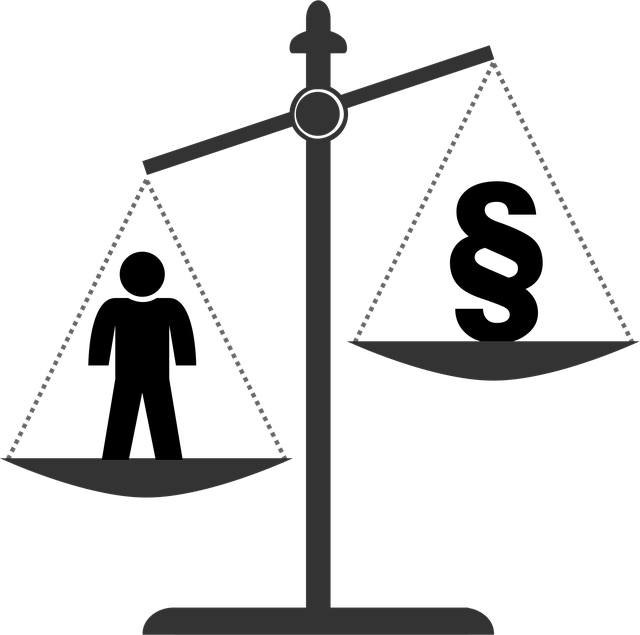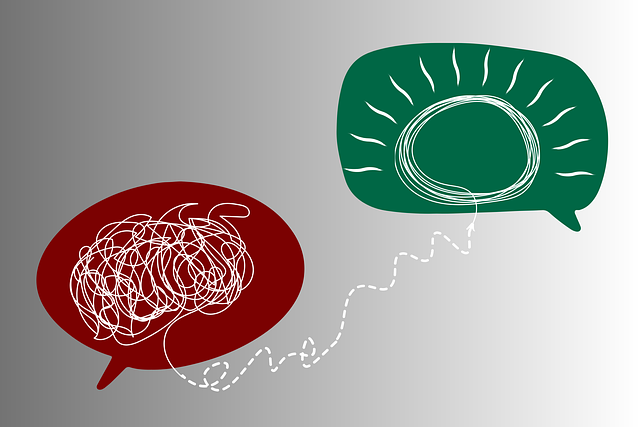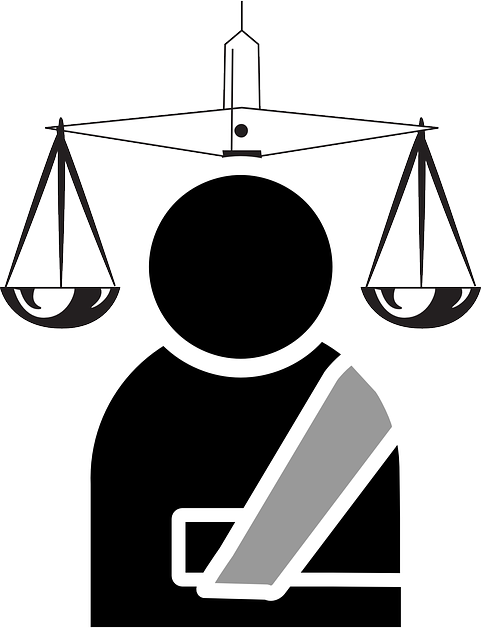Contempt of court disrupts justice with non-compliance to orders, from financial issues to ignoring injunctions. Legal enforcement mechanisms like civil contempt and writs are crucial for resolution. Proactive communication and case management prevent repeated contempt. Legal professionals interpret complex orders and mediate disputes, deterring non-compliance through penalties and asset seizure, preserving legal process integrity and fair resolutions.
“Navigating complex contempt legal matters requires a nuanced understanding of both the cause and consequence, or what is commonly referred to as ‘contempt of court’. This article delves into the intricate web of issues surrounding this legal concept. We explore the triggers and repercussions, dissect the available mechanisms for enforcing court orders, and uncover strategic approaches to deter repeated contempt. Furthermore, we emphasize the pivotal role played by legal professionals in resolution, highlighting the profound impact of effective enforcement measures on justice.”
- Understanding Contempt of Court: Causes & Effects
- Legal Mechanisms for Enforcing Court Orders
- Strategies to Prevent Repeated Contempt
- Role of Legal Professionals in Resolution
- The Impact of Effective Enforcement Measures
Understanding Contempt of Court: Causes & Effects

Contempt of court is a serious legal issue arising from failure or refusal to comply with a court order. It can be understood as willful disregard for judicial authority and process, which hampers the ability of courts to resolve disputes fairly and efficiently. Causes of contempt include non-payment of financial obligations, failure to turn over property as ordered, or ignoring injunctions designed to protect individuals or communities. The effects are profound, potentially leading to fines, imprisonment, or even the enhancement of existing penalties for underlying offenses.
In many cases, contempt is a result of complex legal situations where parties fail to understand or execute court-mandated actions. This often highlights the critical role of legal professionals in ensuring clarity and compliance. The legal enforcement of court orders is paramount to maintaining justice and order within society, making it crucial for all parties involved to fully comprehend and adhere to judicial decisions.
Legal Mechanisms for Enforcing Court Orders

In many complex contempt cases, the initial step towards resolution involves understanding and utilizing robust legal mechanisms for enforcing court orders. These mechanisms are designed to ensure that parties adhere to the terms set forth by the judiciary. One primary tool is civil contempt, where individuals or entities may be held in contempt if they willfully fail to comply with a court order. This can lead to penalties such as fines or imprisonment until compliance is achieved.
Additionally, courts have the power to issue writs of enforcement, which are formal legal orders directing parties to take specific actions. These writs can cover a range of matters, from monetary awards to the turnover of assets. The successful execution of these orders depends on the cooperation of law enforcement and relevant agencies, ensuring that the court’s authority is maintained and justice is served.
Strategies to Prevent Repeated Contempt

Preventing repeated contempt of court is paramount in ensuring a just and efficient legal process. One effective strategy involves proactive communication between all parties involved, fostering an atmosphere of mutual understanding and respect for judicial authority. Regular case management conferences can serve as platforms for discussing potential issues before they escalate into full-blown contempt, allowing for early interventions and resolutions.
Moreover, robust legal enforcement of court orders is imperative. This includes clear, detailed, and enforceable orders that outline specific expectations and consequences for non-compliance. Judges should also play an active role in monitoring compliance, utilizing available resources like probation officers or specialized contemner units to enforce orders effectively without resorting to repeated contempt proceedings.
Role of Legal Professionals in Resolution

Legal professionals play a pivotal role in resolving complex contempt legal matters. They serve as guides, ensuring that all parties involved understand and adhere to the legal framework surrounding court orders. These experts possess the knowledge and skills to interpret intricate legal language, translating it into actionable steps for their clients. By leveraging their expertise, they facilitate communication between opposing sides, fostering an environment conducive to peaceful resolution without the need for prolonged litigation.
Moreover, legal professionals are adept at enforcing court orders, which is crucial in maintaining the integrity of the judicial system. They employ various strategies, including mediation, negotiations, and, when necessary, aggressive legal advocacy, to ensure compliance with judicial mandates. Their intervention can prevent escalating conflicts, ultimately saving time, resources, and emotional strain for all concerned parties.
The Impact of Effective Enforcement Measures

The successful resolution of complex contempt legal matters hinges on the implementation of robust and effective enforcement measures. When a party fails to comply with a court order, it disrupts the integrity of the legal process, leading to further complications and potential harm for all involved. Therefore, the legal enforcement of court orders becomes an indispensable tool in ensuring compliance and upholding justice.
Effective legal enforcement mechanisms prompt parties to adhere to court-mandated actions promptly and accurately. These measures can include monetary penalties, contempt citations, or even seizure of assets as deterrents. By swiftly addressing non-compliance, courts can prevent escalating conflicts and promote a fair resolution, ultimately fostering trust in the justice system.






